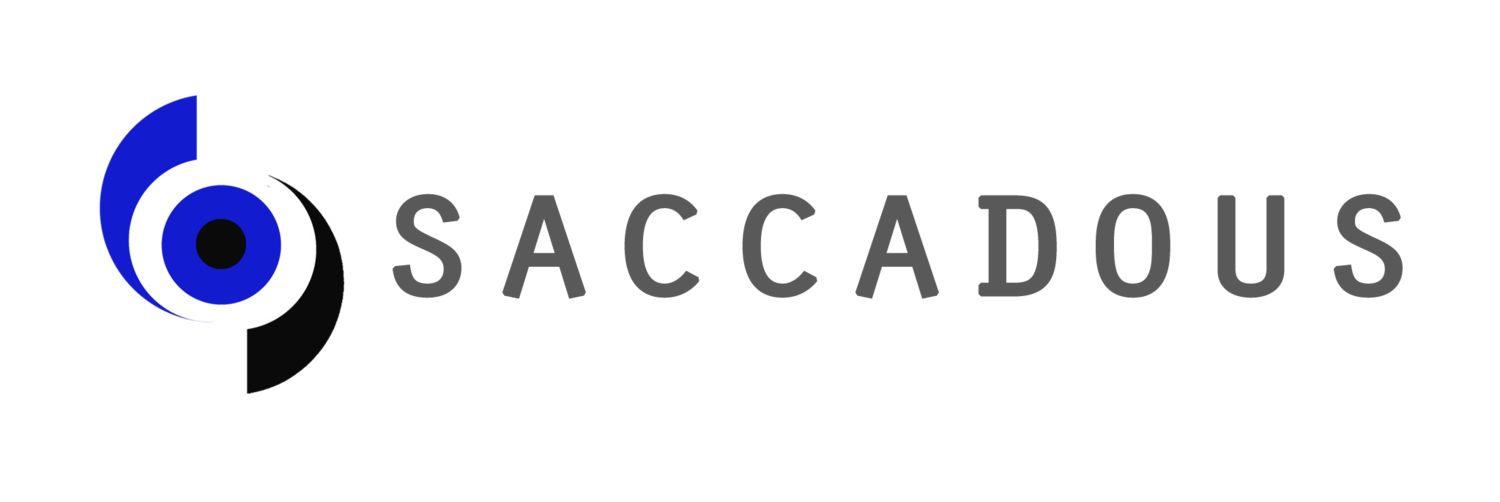Saccadous sees promising concussion results with virtual reality eye tracking technology
/Phoenix Business Journal Oct 8, 2017
Saccadous Inc. is making progress on its virtual reality eye-tracking technology to track concussions.
A 2014 spinout of the Barrow Neurological Institute, the Scottsdale-based company is collecting data and refining its software and online-based platform for analytics and reporting.
"To that end, we added our technology into five ongoing trials/institutional review boards — not just here locally but across the U.S.," said Craig Caffarelli, CEO and co-founder of Saccadous.
In August, the company baseline tested 100 college athletes before their fall sports season. Shortly after the baseline testing, one athlete suffered a severe head injury and was hospitalized. Saccadous re-tested that athlete three times and found a major difference in eye tracking abilities.
There's been movement among other eye-tracking competitors. Last December, Google bought Eyefluence and Facebook bought the Eye Tribe, while Apple recently bought SensoMotoric Instruments.
Those acquisitions created partner and investor interest as well as momentum in the industry, Caffarelli said.
"We are very excited about the capabilities that a virtual reality environment combined with 3-D stimulus has now given us," Caffarelli said. "Using a VR headset, we can now control the light for pupil tests, expand and control the subjects' field of view, and have digitalized tests that require 3-D — like a near point convergence test."
For the past two years, Saccadous had worked with Scottsdale-based TBI Diagnostics to incorporate TBID's concussion expertise. This summer, Saccadous acquired TBID, gaining its intellectual property and licensing deals in exchange for stock in Saccadous, Caffarelli said.
Today, the combined companies employ five people.
The Saccadous technology is used to non-invasively detect neurological diseases, such as Alzheimer's disease, Cerebral Palsy, Parkinson's disease


